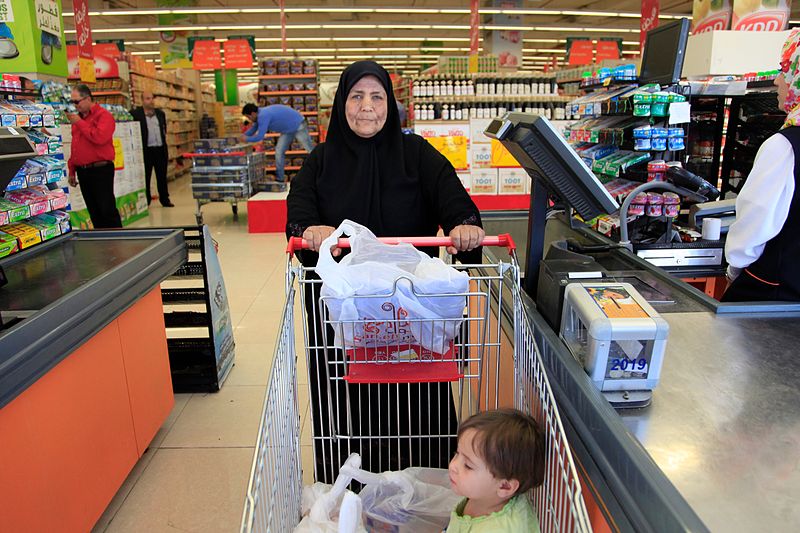
App-tivism For Syria
We are in the depths of one of history’s largest human rights crises. Syria is hemorrhaging refugees, and its citizens inside and out are being deprived of basic living, educational, and health resources. Humanitarian assistance organizations are overloaded with need, and strong Western governments need to step up to bridge the gap. Instead of focusing […]
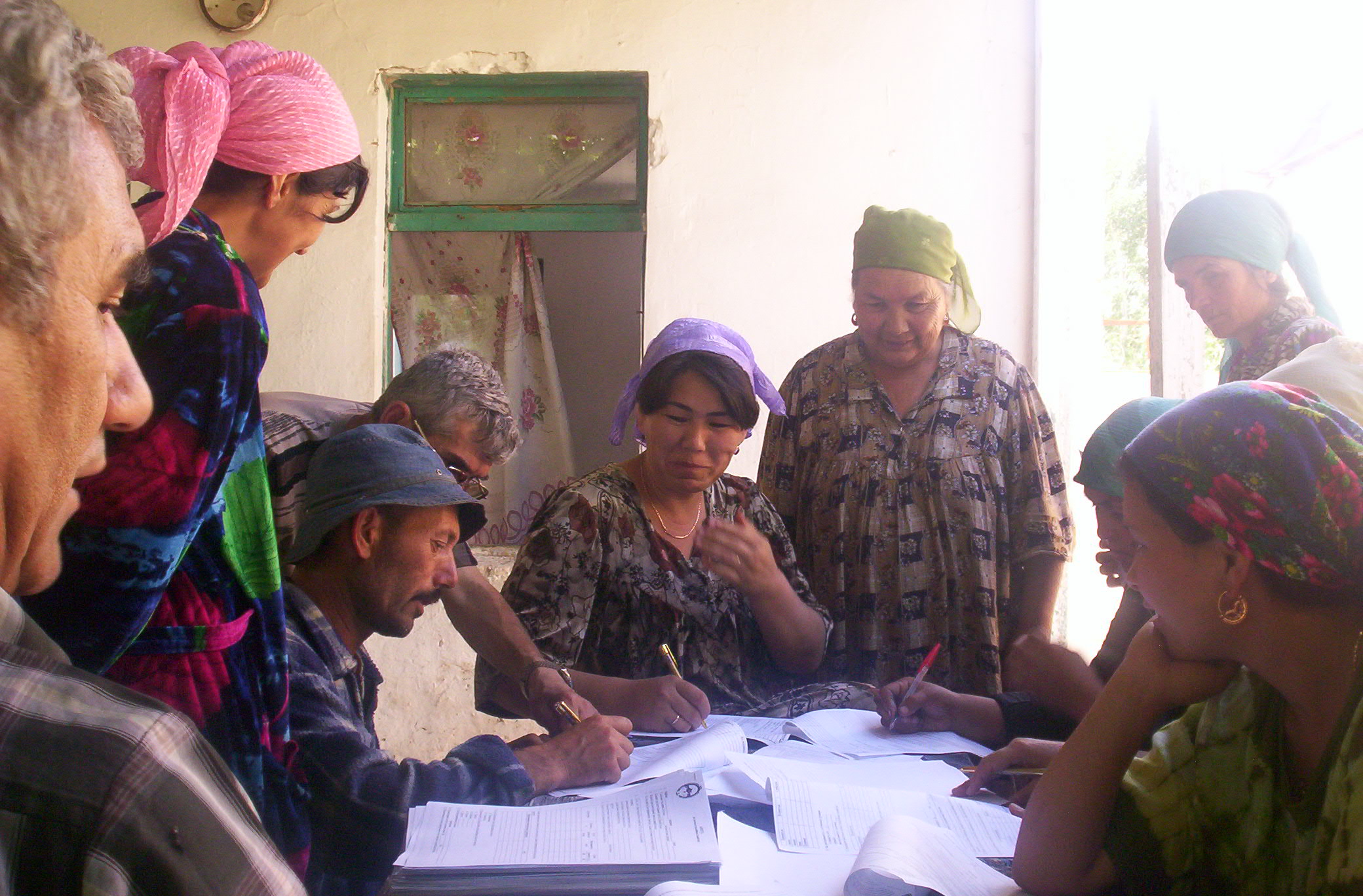
The Forgotten Flaw of Global Development
“In a slum outside the grand old city of Lahore, a woman named Saima Muhammad used to dissolve into tears every evening. Saima had barely a rupee, and her deadbeat husband was unemployed and frustrated and angry. He coped by beating Saima each afternoon. Their house was falling apart, and Saima had to send her […]

Lifting the Veil on Laïcité: The Rise of Islamophobia in Europe
Islamophobia has been on the upswing throughout Europe recently, with the rise of anti-immigrant political parties and the implementation of discriminatory laws that directly target Muslims. The EU has long struggled with questions of identity that have only become more pronounced in recent years; the question “what defines Europe?” continues to pester EU leadership, its […]
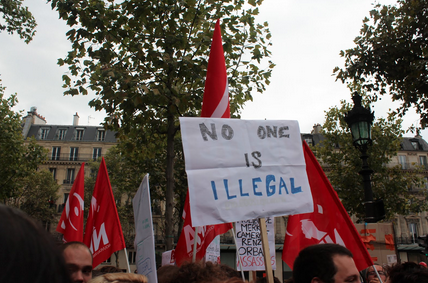
European (Dis)Union
Lily is currently studying International Affairs and Economics at Sciences Po in Paris, France. Since the beginning of the conflict in Syria, about 4 million refugees have fled the region, seeking safety from the violence and destruction left in the wake of ISIS and by the Assad regime’s brutal policies.[1] As people move westward, a […]
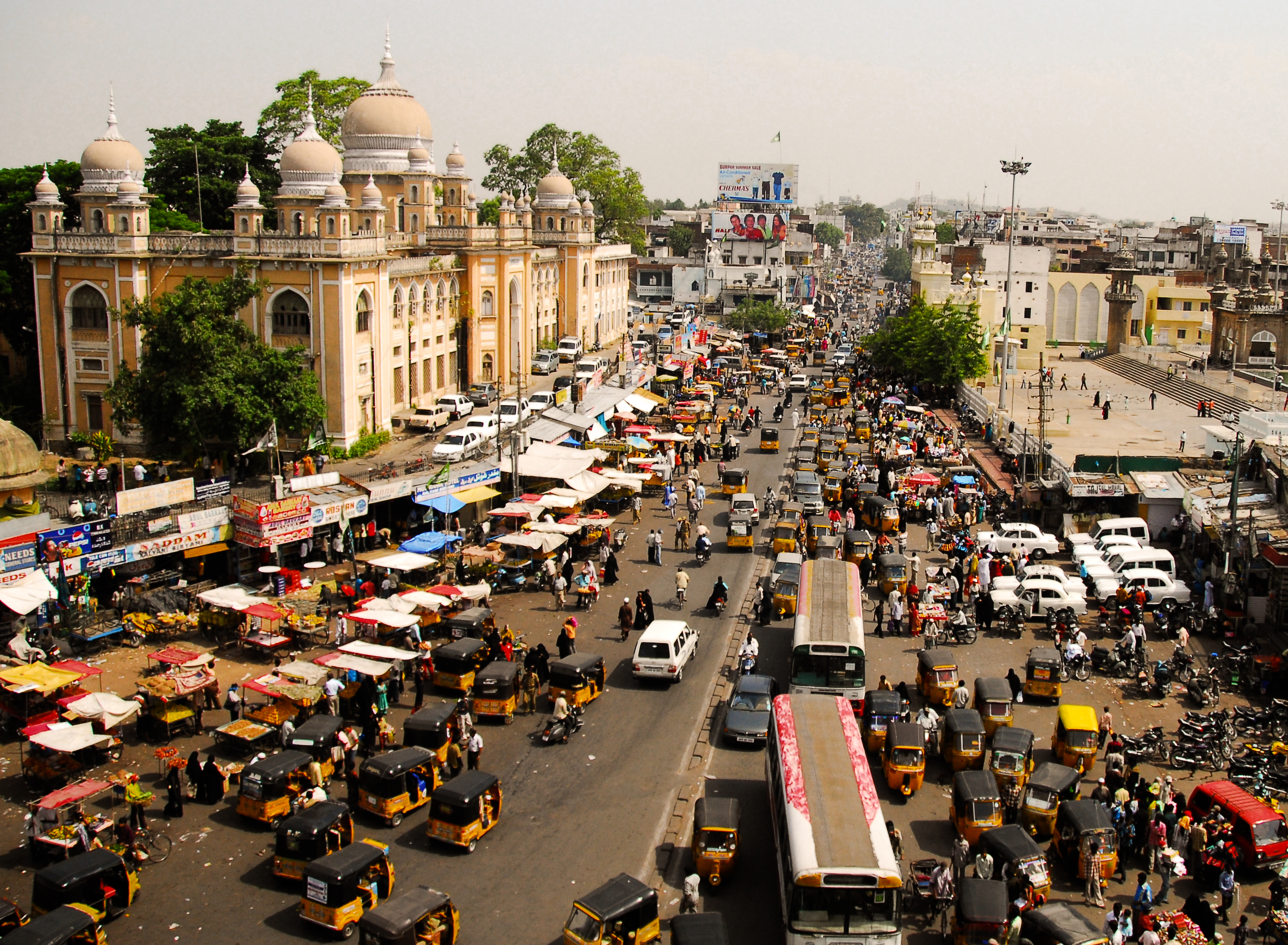
Rickshaws in India: A Case Study on Pollution
Lindsey spent the past two summers in India on the Climate Change Science and Policy Dialogue under Civil Engineering professor Auroop Ganguly. A typical Indian auto rickshaw has three wheels, no side doors, and seats for up to four people. There are 3 million rickshaws in India alone, and most of them are marked by […]
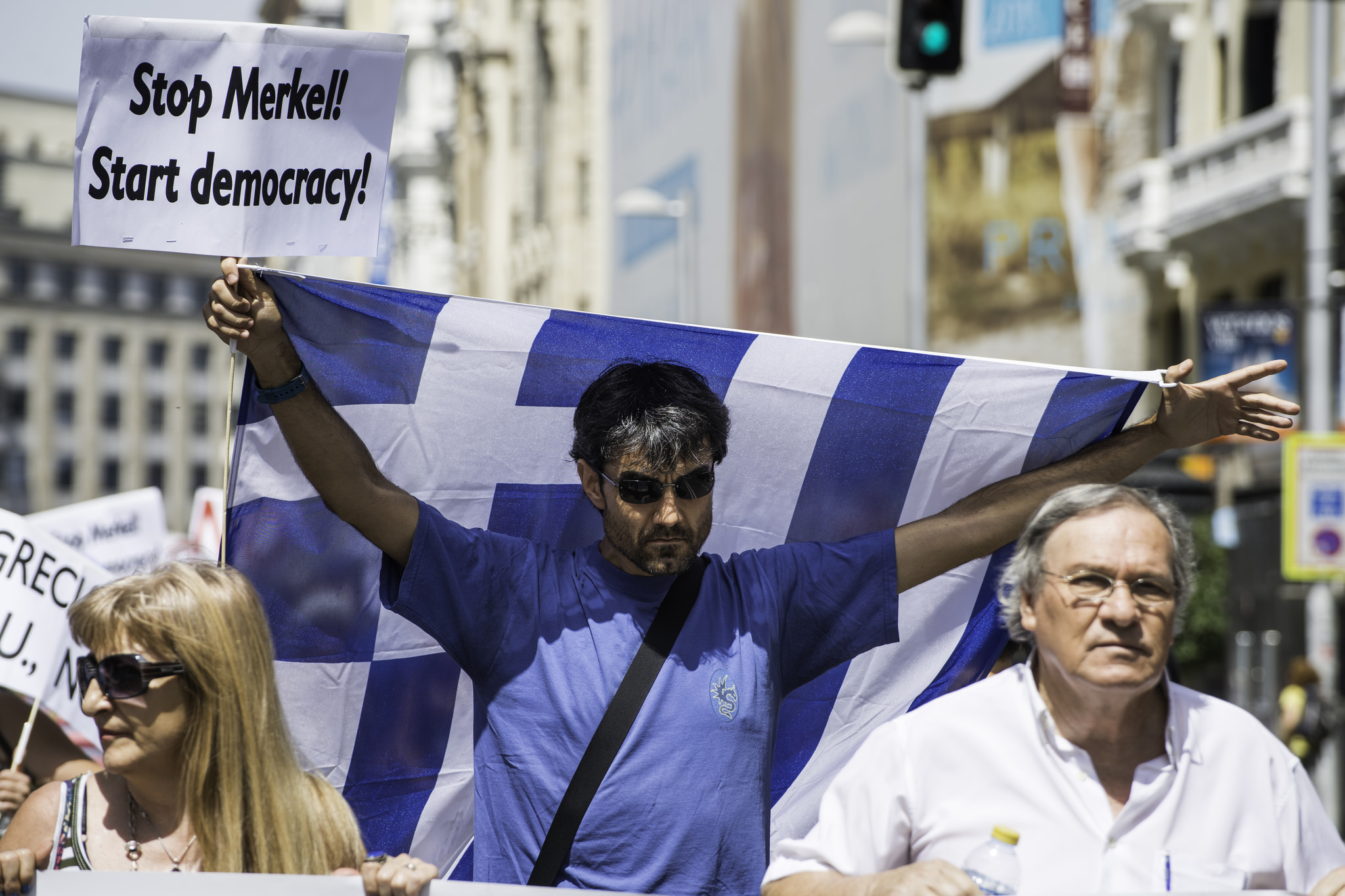
Democracy Wins: The National Bailout Referendum in Greece
David is currently on co-op in Legraina, Greece, at the European Public Law Organization. On July 5th, the citizens of Greece took to the polls to vote on a national referendum from which the direction of Greece’s debt negotiation with its European creditors would be determined. The choice of a referendum was an unprecedented […]

Unpegged: The Floating Swiss Franc and Implications for the Euro Zone
Several years ago, the Euro Zone experienced a crippling blow to its economy when Greece was on the verge of a full-on economic collapse. During the crisis, Greece endured high unemployment, overly high structural deficits, and a dangerously elevated debt-to-GDP ratio. Though the Greek economy is slowly piecing itself back together, especially with a new […]
Organoponicos: The Light of Cuba Agriculture and a Case Study for Peak Oil
One of the most prevalent questions floating between political analysts, political scientists, students, and everyday educated American citizens concerns the state of post-embargo Cuba. What aspects of Cuban society will change or even disappear, and what aspects will resist outside influence? Over the past five decades, Cuba has developed multiple unique systems against the grain […]
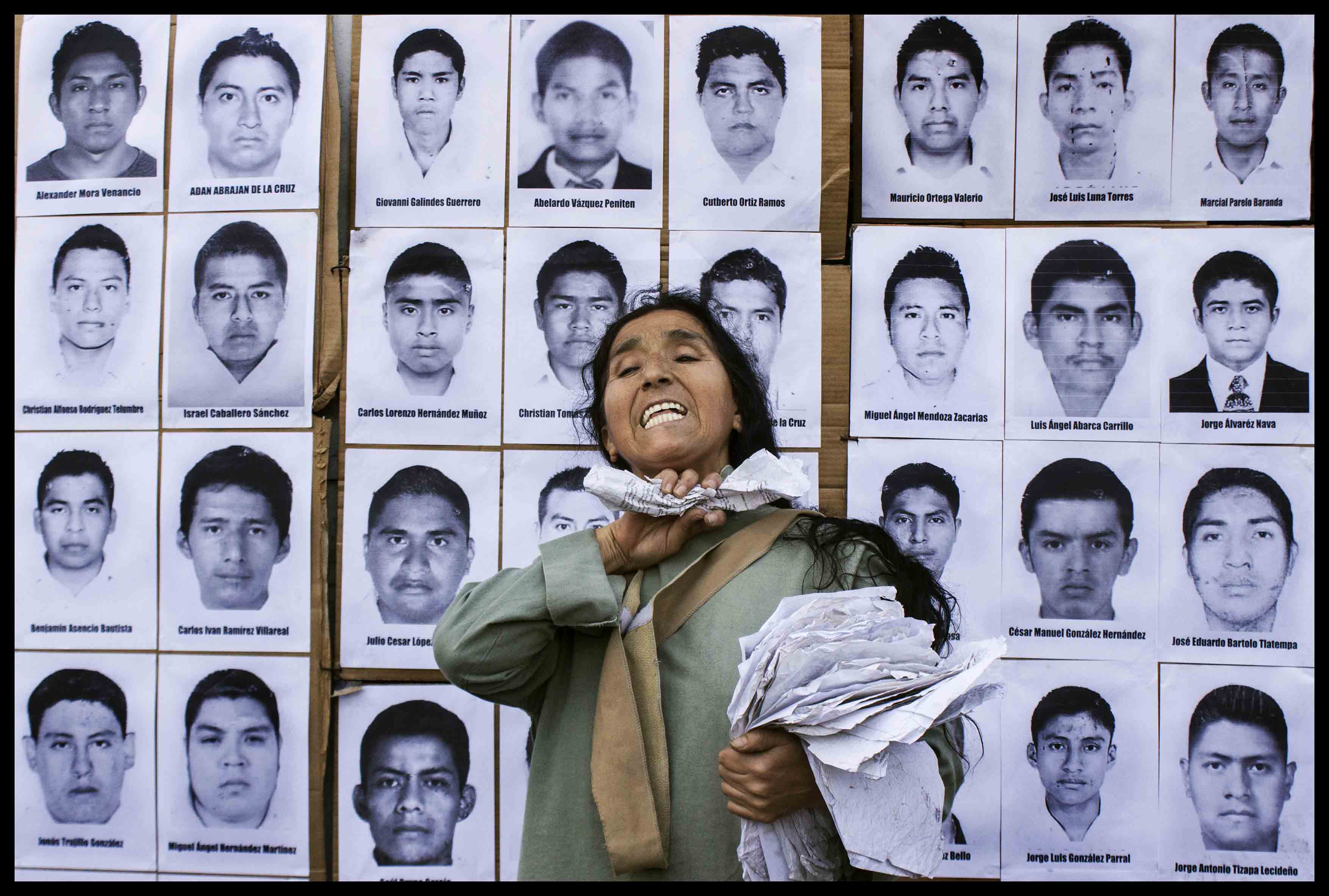
Ayotzinapa: Mexico´s Pandora´s Box
During this past year, Mexico experienced one of the worst crimes in recent memory — the kidnap and murder of almost 50 students. The magnitude of this atrocity has not been seen in the country since the Tlatelolco Massacre, which occurred on October 2, 1968. Over 500 students were wounded and killed by the police, […]
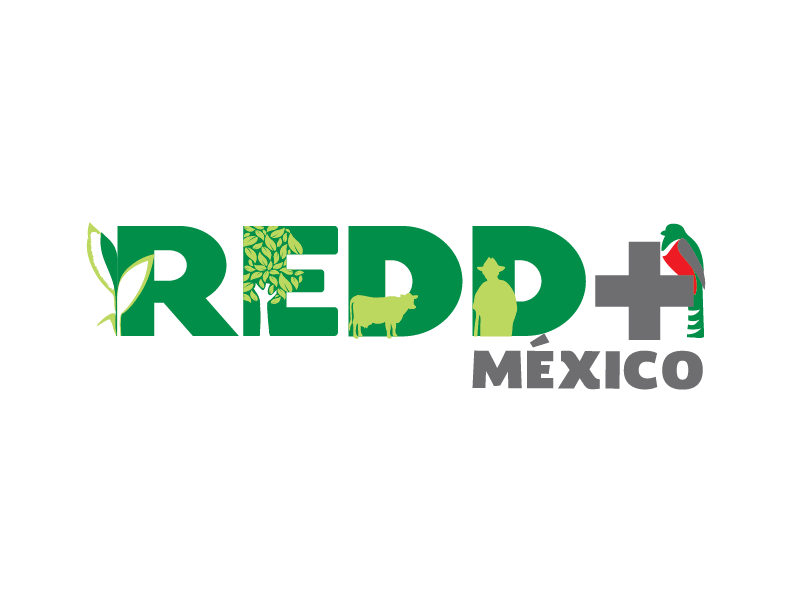
Carbon-Credit Strategies: REDD+ and an Analysis of Mexico’s Legal Framework
Under the United Nations Framework Convention on Climate Change (UNFCCC), parties of the UN are working towards the ultimate objective of stabilizing greenhouse gas concentrations in the atmosphere at a level that will prevent dangerous human interference with the climate system. Negotiations take place at annual Conference of Parties (COP) meetings, and the COP — […]
